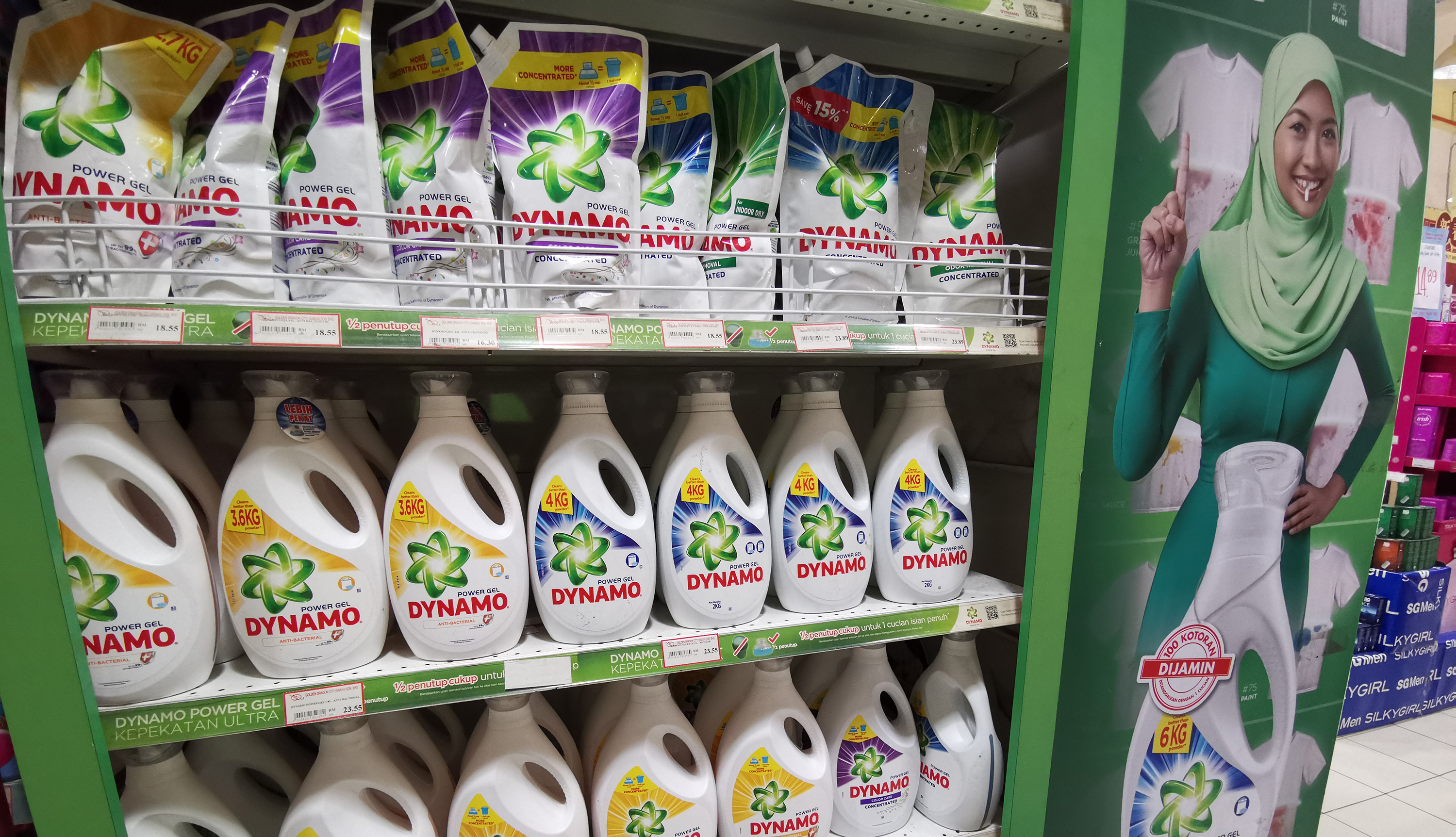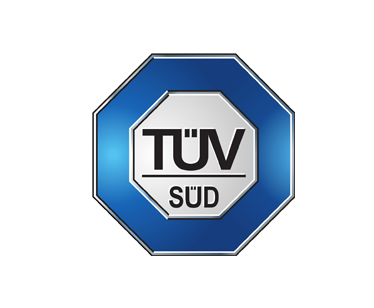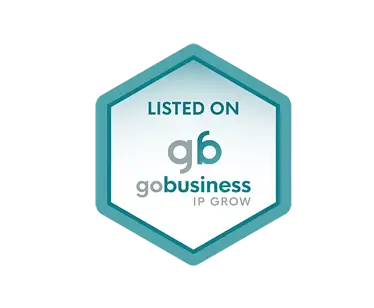You can’t escape it. You hear the panicked whispers. You see it approaching from the edges of your periphery, and before long, it’s on every major news broadcast: it’s the next economic Black Plague. Recession looms on the horizon and consumers are ready to safeguard their pockets until it all blows over. Are you ready to protect your business?
Not everyone loses out in a recession. It’s easier for a business to survive in an economic downturn than you’d imagine. You could even thrive in a recession and see growth in your brand once the economy recovers. Here are 3 crucial things you can do to save your business from the next one.
1. Do not cut back on marketing.

Recession is, in fact, the best time to be advertising and getting your name out there. It’s a time where there tends to be relatively less marketing clutter; when your competitors are just as inclined as everyone else to lower their marketing budget in favour of saving their cash flow. In a situation like this, following suit is a mistake.
While doing so may protect your short-term profits, numerous research studies have confirmed that the best strategy for long-term Return on Investment (ROI) is to increase expenditure on marketing during an economic downturn. Companies that cut down on marketing spend tend to enjoy a high Return on Capital Employed (ROCA) during the recession but see heavy losses once the economy recovered. Investing in marketing during such a period is the move that could help your brand place itself in a superior position, allowing it to realise higher profitability in the long haul.
The logic behind this is such: you need to remind your existing consumers of your presence in times of instability. Uncertain customers seek the comfort and reassurance of their favourite brands. So take advantage of the resulting lower advertising costs and double down on your marketing. Amplify your marketplace presence to gain an upper hand over your competition, so you come out stronger on the other side once the worst is over.
2. Audit your brand, again.

Business may slow down at this time, but operations should not. Maximise your activities to make full use of this economic downtime. Recession naturally shifts consumer behaviour as they reconsider their spending priorities and focus more on what they value. The must-haves of yesterday are today’s can-live-withouts. Gaining full understanding of these unavoidable changes in your customers will help you realign your brand to your customers’ needs.
The first thing to do in reassessing your brand is to conduct customer research. Assess what existing value you provide for your customers through your service or product. Is your brand a necessity in their lives? Or is it simply an affordable luxury? Use this insightful information to re-evaluate your value proposition so you can showcase the most exclusive characteristic your business owns to your customers. In this competitive landscape, being able to identify such opportunities of differentiation will help retain your brand in the minds of your customers over the brands of your competitors.
As your customer base is your most valuable asset during a recession, it is imperative to keep them happy. It is far cheaper and easier to retain existing clients than to acquire new ones. In fact, studies have proven that it can take up to 25 times the amount of money to acquire new leads. This is a cost you should avoid incurring if possible. Therefore, it is important to increase customer satisfaction, in order to secure customer loyalty during this tough period.
One such way to do this is by addressing the unique needs of those struggling to afford your product, who may actually be responsible for a significant percentage of your sales. You can, for example, offer them a distinctive value they can leverage on to get through such difficult times. In order to successfully present yourself as a valuable alternative, you will need to recognise what your customers are inclined to spend less on.
3. Offer alternatives to retain and expand your customer base.

As your consumers slowly grow cash-starved through the bitter days of recession, they become less willing to spend on items they may have viewed as affordable before. This might encourage thoughts of cutting the price of your offerings in response, but that is not strictly necessary.
Instead, it is possible to provide a lower-cost alternative of your product or service for those who struggle to justify paying the original cost. For example, if you’re in the business of selling detergent or soaps, your existing customers might be more willing to purchase a refill pack for less rather than buying another full bottle. Do you sell makeup? You can offer a smaller sized product to entice prospective customers who are on the fence. This useful technique can also help your business to connect new audiences in previously unconsidered market segments.
Another great option is to increase the value of the product or service you’re selling. The key is to give your customers as many reasons to purchase from your business as possible. Consider implementing loyalty programs to encourage more regular purchases, or to give increased access to your services which can include even experiential offerings. Repositioning your offerings in this manner can open your business up to whole new markets and place you above your competition.
Regardless of the product you’re providing for your consumers, there are endless ways to implement such strategies and maximise your sales despite an economic downturn.
Conclusion
A recession does not have to be as daunting and distressing as it seems. Every cloud has a silver lining. View the challenges accompanying an economic downturn as a mountain of opportunities for you to invest in your business, resulting in a heap of rewards to be enjoyed once the market inevitably returns to health. These 3 techniques, if carried out properly, can help you weather the storm and ensure the security and success of your brand. Being willing to adapt to change is key to staying afloat in times of financial instability, so remain mindful and strategic about the ways your budget is allocated. The best part is, that businesses that survive recessions emerge with fewer competitors, and if they do things right, a more loyal customer base and a stronger brand.
Do you know Singapore SMEs can get 50% government grants on branding?
Fill up the form below to get a complimentary consultation!





